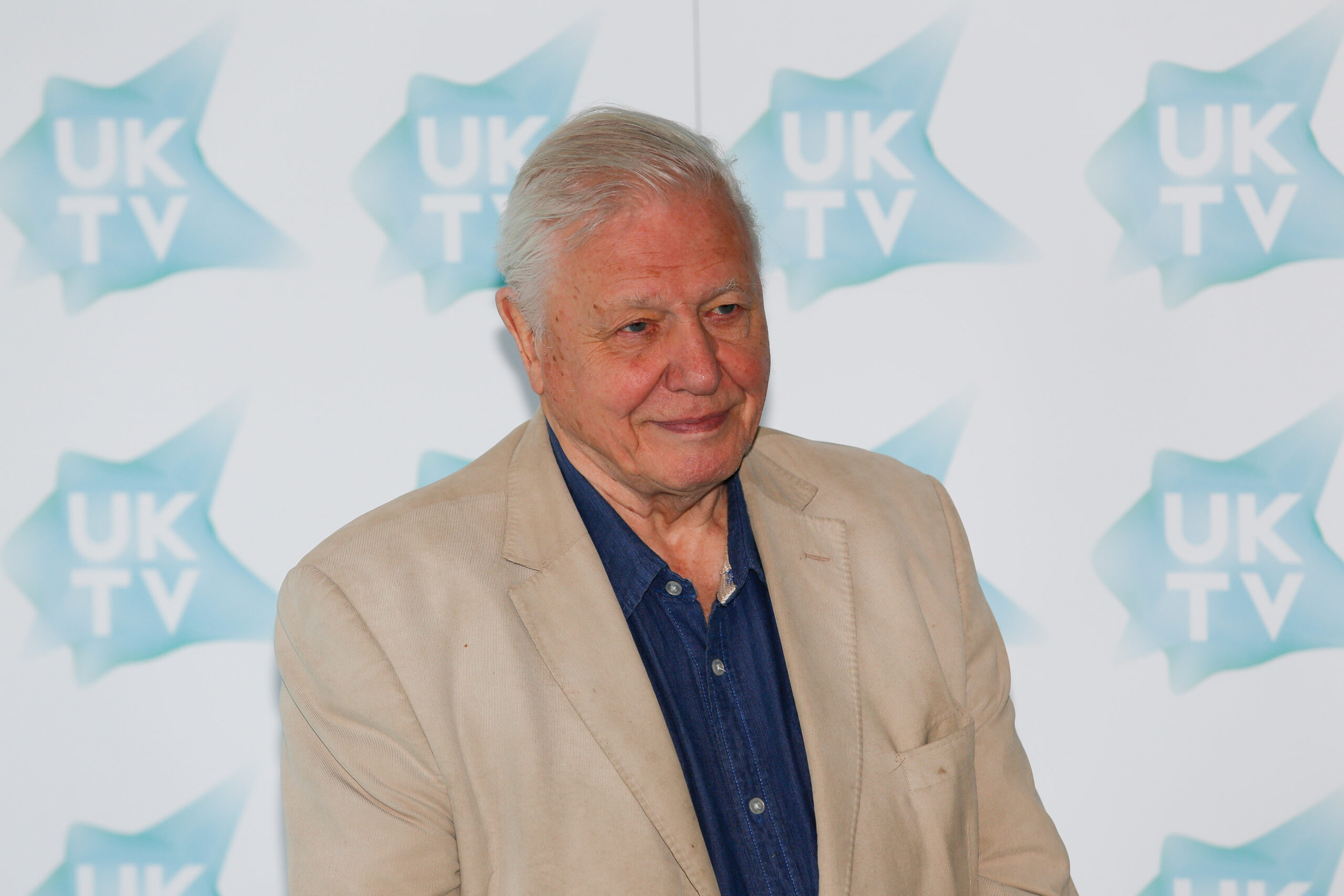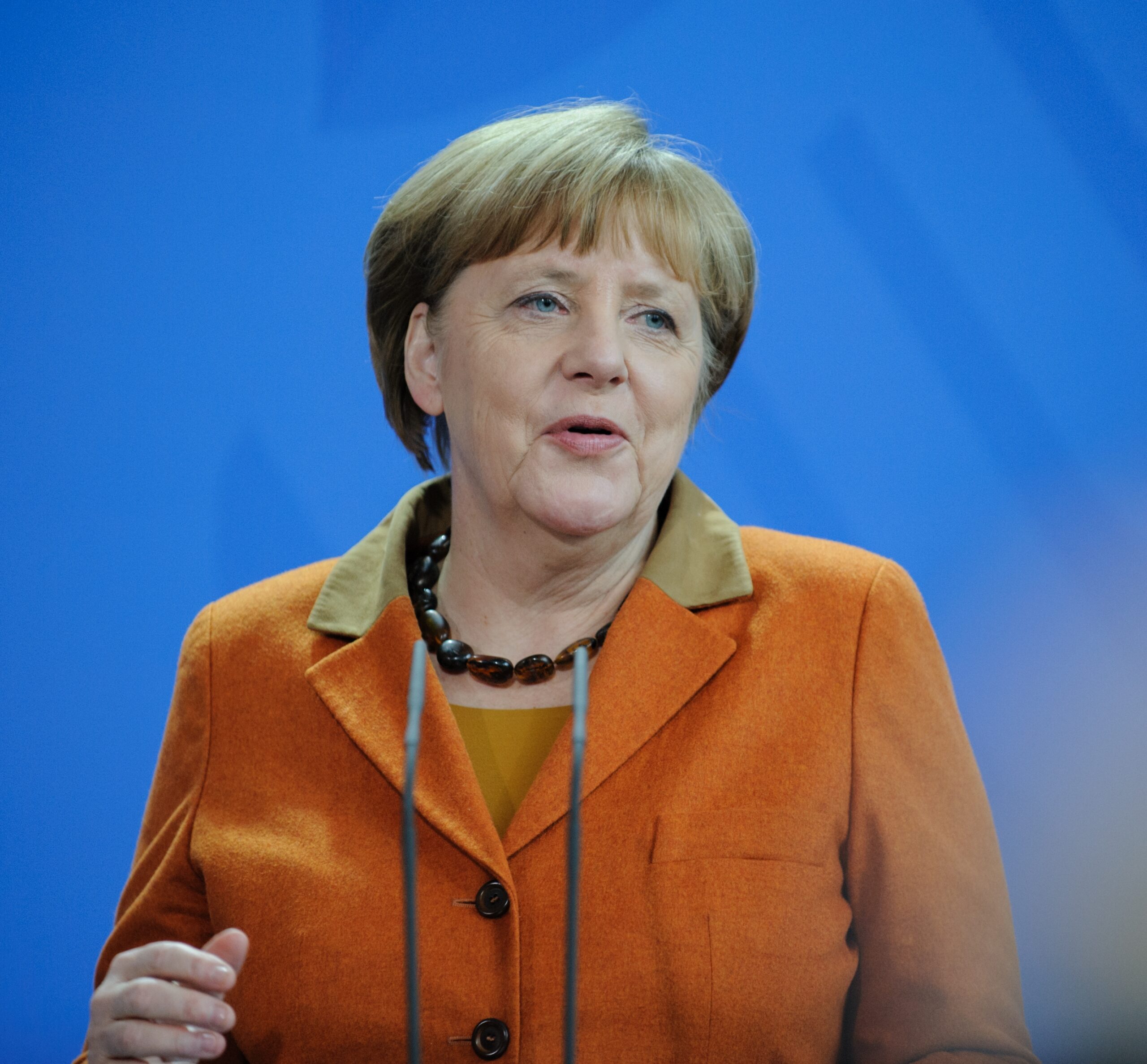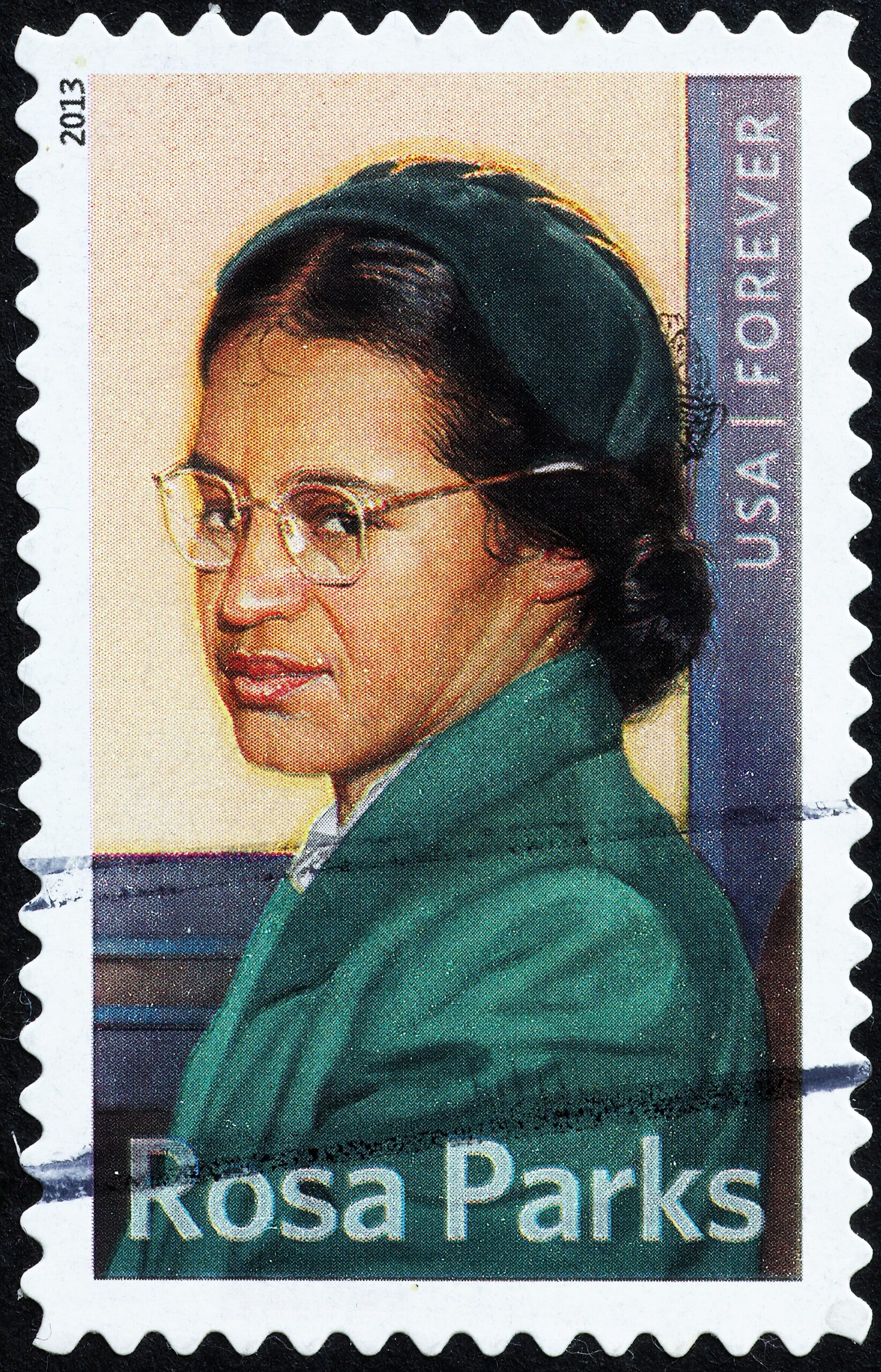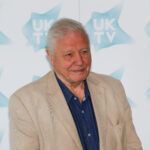The Story of a Man Who Turned Wonder into a Global Wake-Up Call
Sir David Attenborough is more than a broadcaster — he is the voice of our planet. For over seven decades, he has transported millions into the heart of Earth’s wildest, most fragile corners. From early black-and-white footage to today’s sweeping 4K documentaries, Attenborough’s life work has shaped how we see — and care about — the natural world.
In this post, we explore his remarkable career, the evolution of his environmental advocacy, and the legacy of a man who turned fascination into a force for change.
Outline
- Early Life: A Natural Curiosity
- A New Kind of Television: Nature Comes Home
- The Life Series: Documenting the Living World
- More Than a Narrator: Attenborough the Environmentalist
- Our Planet, Our Responsibility: The Climate Turn
- Key Messages and Global Influence
- Criticism and Contemplation
- A Legacy of Wonder and Warning
- Final Reflections
Early Life: A Natural Curiosity
David Attenborough was born in 1926 in London and raised on the campus of the University of Leicester, where his father was principal. As a boy, he was obsessed with collecting fossils, rocks and animal specimens — a passion that would define his life.
After studying natural sciences at Cambridge, he joined the BBC in 1952, originally as a television producer.
From day one, Attenborough’s mission was simple: bring the wonders of the wild into people’s homes — and into their hearts.
A New Kind of Television: Nature Comes Home
In 1955, Attenborough began presenting the series Zoo Quest, which introduced audiences to exotic animals in their natural habitats — a groundbreaking concept at the time.
He brought:
- Humility instead of ego
- Education instead of sensationalism
- Curiosity instead of fear
Through his camera crews, viewers travelled from Borneo’s rainforests to Antarctica’s ice fields — all without leaving their living rooms.
It was not just entertainment. It was education that felt like adventure.
The Life Series: Documenting the Living World
Attenborough’s crowning achievement is arguably the Life series — a collection of stunning documentaries that explore the full scope of life on Earth:
- Life on Earth (1979)
- The Living Planet (1984)
- The Trials of Life (1990)
- The Life of Birds (1998)
- The Blue Planet (2001)
- Planet Earth (2006)
- Frozen Planet (2011)
Each series pushed the boundaries of filming technology, storytelling, and ecological insight.
With his distinctive narration, Attenborough made evolution, migration, and symbiosis household words.
More Than a Narrator: Attenborough the Environmentalist
While his early work focused on celebrating nature, later projects began to warn of its destruction.
Attenborough evolved into a reluctant activist, shifting his tone from awe to urgency:
- Highlighting coral bleaching and plastic pollution
- Challenging climate change denial
- Speaking at global forums like COP26 and the UN
He used the trust he’d built over generations to deliver a new message: the Earth is under threat — and it’s our fault.
Our Planet, Our Responsibility: The Climate Turn
In 2019, Our Planet, created with Netflix and WWF, showed nature’s beauty side-by-side with its fragility.
In 2020’s A Life on Our Planet, Attenborough gave his most personal and powerful message yet — a “witness statement” from a man who has seen more of the planet than almost anyone alive.
He didn’t just sound the alarm — he offered solutions:
- Rewilding landscapes
- Switching to renewable energy
- Reducing meat consumption
- Reining in human overconsumption
He made it clear: saving nature isn’t charity — it’s self-preservation.
Key Messages and Global Influence
David Attenborough’s influence is both broad and deep. His core messages include:
- We are part of nature, not apart from it
- What we do to the planet, we do to ourselves
- Every action counts, from individuals to governments
- It’s not too late, but we must act now
His work has influenced:
- Policy discussions
- Environmental education in schools
- The rise of climate awareness in young generations
He made ecology accessible, science poetic, and responsibility personal.
Criticism and Contemplation
Though widely admired, Attenborough has faced criticism:
- For not speaking out sooner about climate change
- For occasionally portraying nature as a world untouched by humans
- For framing solutions in ways some see as too individualistic or idealistic
But even critics agree: his body of work has changed the public conversation — and he’s done so without political gamesmanship or personal gain.
🕊️ He leads not with rage, but with reverence.
A Legacy of Wonder and Warning
David Attenborough has inspired:
- Scientists
- Filmmakers
- Activists
- Ordinary people who now see the world differently
He turned generations of passive viewers into active guardians of the planet.
Awards, honours, and even species named after him only tell part of the story. His true legacy is in the millions of minds he opened to nature’s brilliance and fragility.
“No one will protect what they don’t care about; and no one will care about what they have never experienced.” – Attenborough
Final Reflections
David Attenborough didn’t just show us the planet — he made us fall in love with it.
He gave nature a voice. Now it’s our turn to echo that voice with action.
In a world of noise and distraction, he reminded us to look up, look closely, and look after the Earth we all share.
He’s not just a narrator of nature — he’s its most faithful storyteller.







